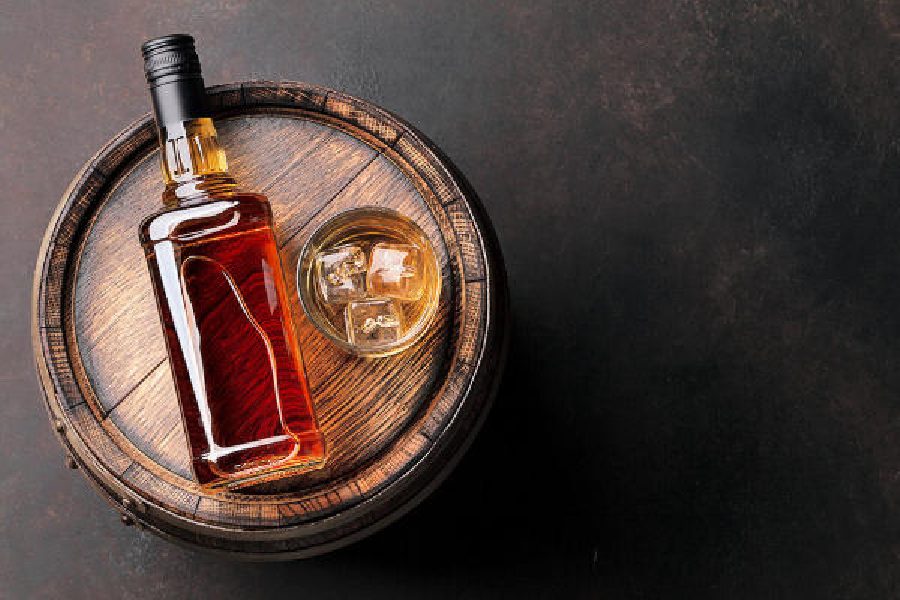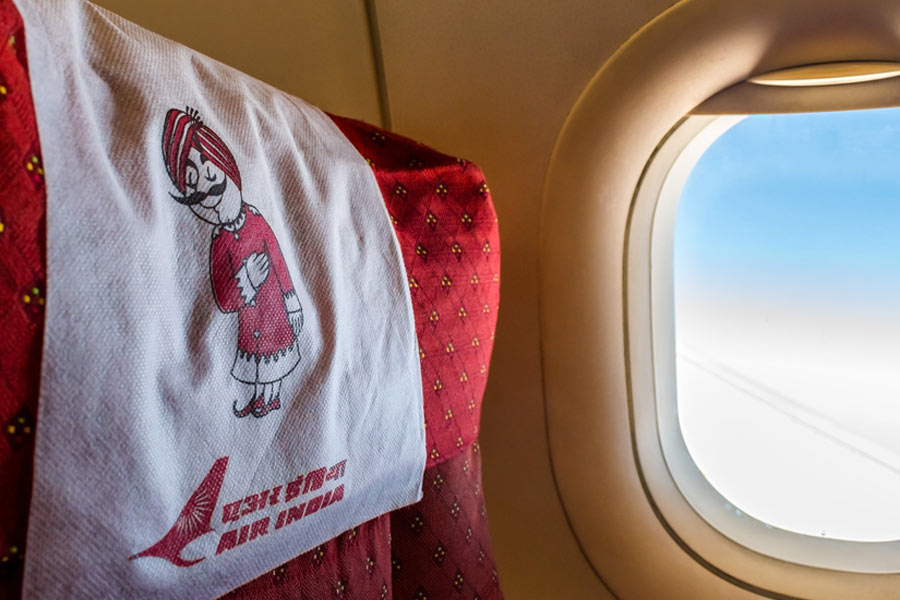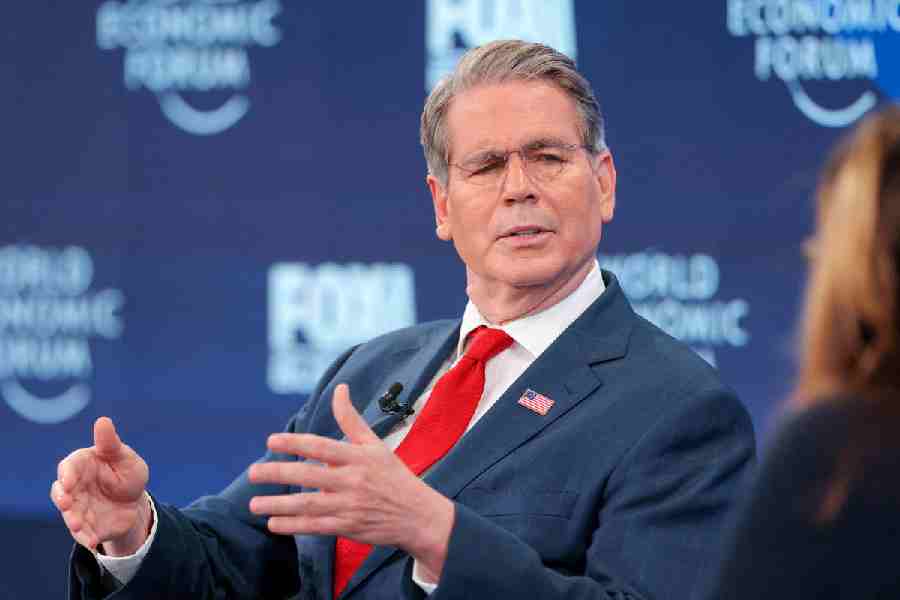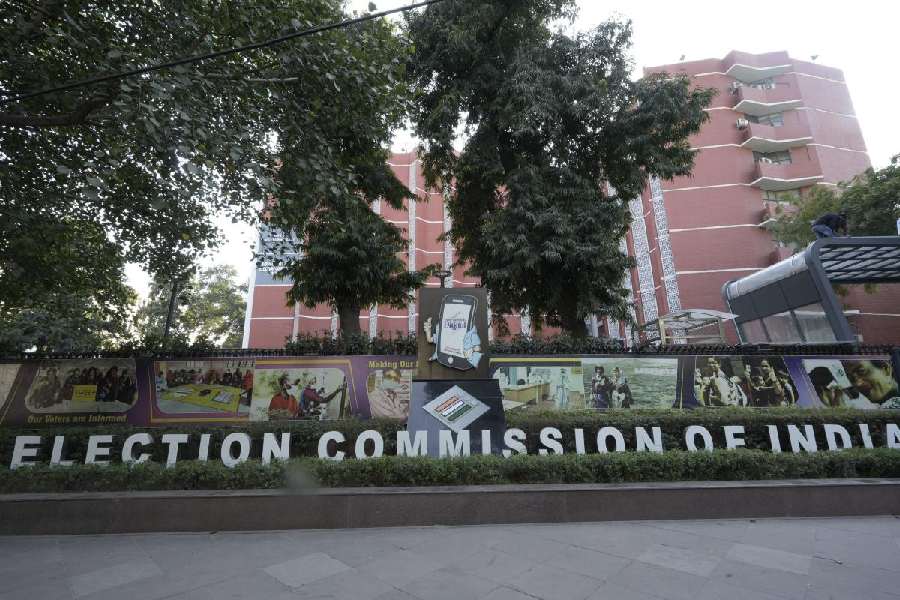The India-UK free trade agreement (FTA) will not adversely impact the domestic alcobev industry and the automobile sector despite India promising to bring down duties on these items for British business, the central government has claimed.
Tariff on alcohol such as Scotch whisky and gin will come down from 150 per cent to 75 per cent and further to 40 per cent over a period of 10 years.
“The incremental increase in imports of Scotch whisky, therefore, would not significantly affect the domestic market. The tariff reduction on imports is over a longer period of time and even after that it will attract significant customs duty,” an official said.
India has regained its position as the world’s number one Scotch whisky export market by volume from France, with 192 million bottles exported in 2024 against 167 million bottles in 2023, according to the Scotch Whisky Association.
India’s alcoholic beverage market is the third largest globally and second largest for spirits. The market is estimated to be worth $52.4 billion, with a projected CAGR of 7.7 per cent from 2025 to 2032.
According to one estimate, Scotch whisky constitutes only 2.5 per cent of the total whisky market, indicating the impact of the tariff cut would be limited only to the premium segment of the market.
Likewise, the impact of duty-free quota on automobiles under the FTA is signalled to be limited. “The duty-free quota on EVs is limited only to a few thousands. No out-of-quota duty reduction for EVs,” an official said.
Tariffs on automobile import will go from over 100 per cent to 10 per cent under quotas on both sides, benefitting companies such as Tata-JLR.
Further, the out-of-quota duty on internal combustion engine vehicles will be reduced gradually over a longer period of time, thereby helping Indian industries absorb the incremental increase of imports from the UK.
Moreover, government sources claimed that India would not give any import duty concessions to the UK on sensitive agricultural items such as dairy products, apples, cheese and on industrial goods such diamond, silver, smartphones and optical fibres under the FTA. The official said about 10 per cent of the tariff lines are in the sensitive items list.
While the government sought to play down the impact of the proposed FTA on the domestic industry, the domestic alcobev industry raised concerns.
“We fear that if the same template of duty reduction is followed for the trade deals with the EU, the US and other nations which produce spirits and wines, then the Indian alcobev industry, including the wine sector, could get adversely impacted,” said A.S. Iyer, director-general of the Confederation of Indian Alcoholic Beverages Company (CIABC), representing domestic players.
However, ISWAI (International Spirits and Wines Association of India), which represents foreign liquor companies welcomed it saying it is a win-win situation for the countries as it will provide a “significant strategic benefit” and also attract investments.
With inputs from PTI










